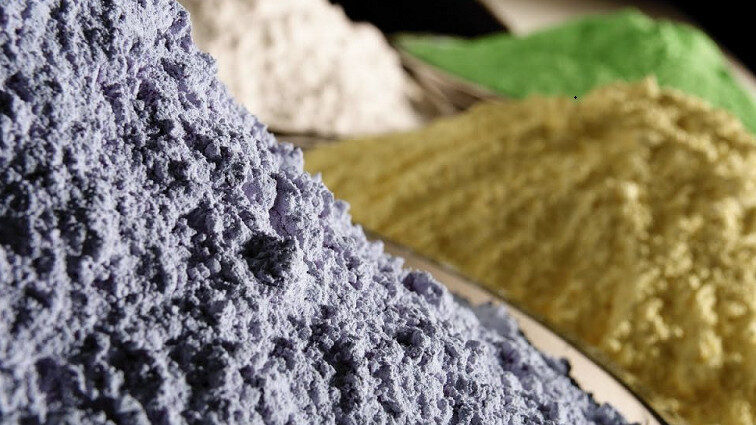
African countries like Zimbabwe and Namibia are taking strides to cultivate processing and refining industries for lithium, aiming to retain more profits from the soaring global demand for the battery material amid the burgeoning shift towards electric vehicles (EVs).
The surge in demand has elevated lithium prices and spotlighted China’s dominance in lithium refining. Yet, Western governments and international entities are eyeing Africa’s lithium reserves as a chance to challenge this monopoly.
Namibia’s mines minister, Tom Alweendo, emphasized the need for a different approach in mining these prized minerals, emphasizing the concept of beneficiation – not just mining but also processing them before export.
The plan is clear: insist on local processing. Namibia and other African nations aim to process lithium domestically, a move seen as crucial in leveraging the continent’s lithium production set to soar from 40,000 tonnes this year to an estimated 497,000 tonnes by 2030.
Zimbabwe recently banned raw lithium exports to deter smuggling and encourage local processing. The mining minister, Winston Chitando, highlighted plans to develop lithium ores locally, adhering to the concentrate stage for export.
This shift aligns with a broader drive in African countries to retain more mineral value, boost tax revenue, and generate employment. Pope Francis, during a visit to the Democratic Republic of Congo, decried the exploitation tied to mineral resources.
The transition from fossil fuels to clean energy intensifies the urgency for this strategy. Projects previously overlooked are now under reconsideration, with companies like Atlantic Lithium and Piedmont Lithium investing in West African lithium mining.
In Mali, Leo Lithium’s Goulamina mine aims to capitalize on high prices, preparing to export lithium ore shipments while planning for domestic processing to meet China’s Ganfeng Lithium’s demand. The aspiration? To not only profit but also align with the global shift towards sustainable energy.





